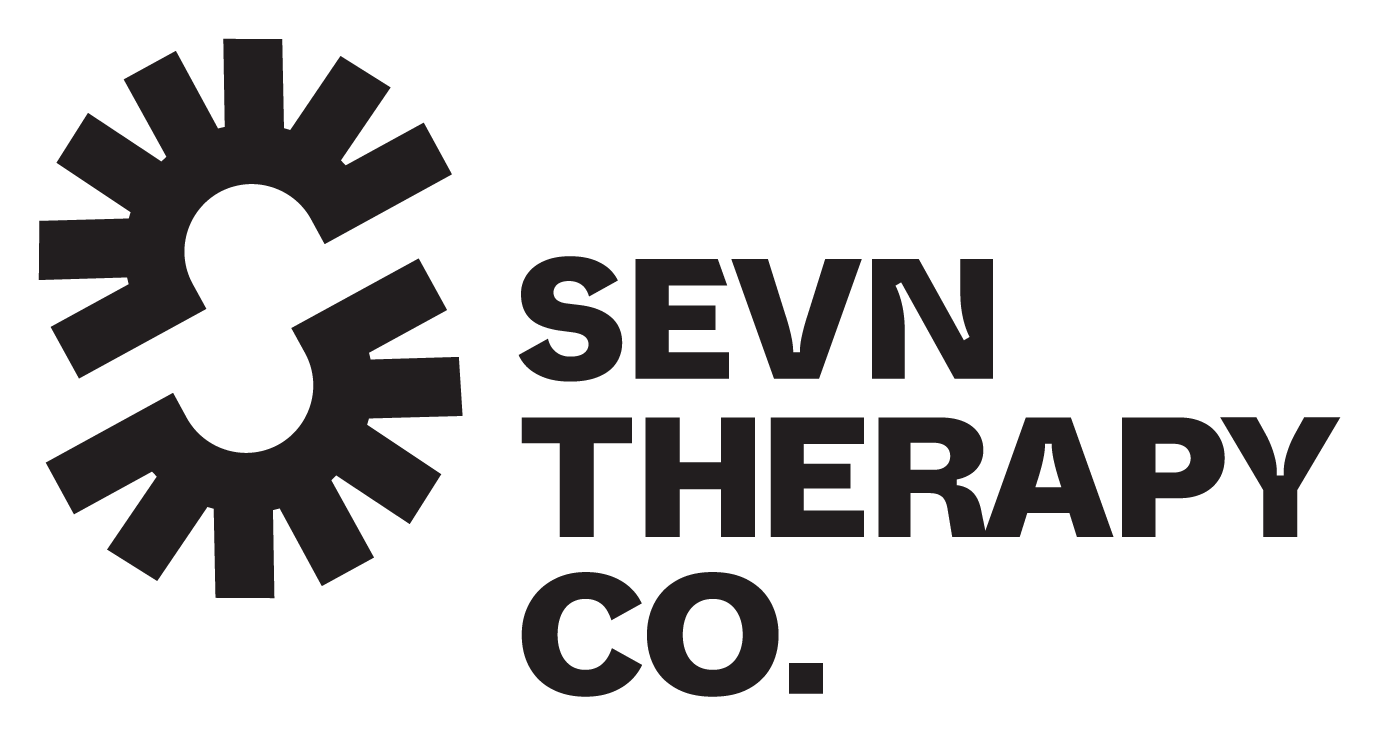A Therapist Answers: Your most frequently asked questions about therapy. Part 1

Therapy can be an investment in your health. Clients considering therapy may have many questions they hope can be answered before they commit to a session. Understanding the therapeutic process can hopefully provide the assurance you need to take that first step and schedule an intake appointment with one of our licensed professionals.
Question 1: What general questions do your clients ask you during the first session?
- What experience do you have in treating my area of concern?
- This is a great question to ask your therapist. If your experience or trauma is a very unique or niched environment, you may benefit from someone who is familiar with that trauma or environment. First responders, veterans, teachers, and even those in ministry can benefit from someone familiar with their terminology, culture, and expectations. While a therapist doesn’t need to be trained in your unique experience, it can help ease the tension of getting to know you and your situation.
- What will happen after the first session?
- Typically, the first session with the therapist is called an intake. The first session can be a great way to develop rapport with the therapist. After the first session, the therapist will take all the information gathered during the intake and develop a treatment plan (meaning a strategy for how they will work with you to tackle your concern). Typically, the therapist will recommend how often you should come and specify any additional assessments or questionnaires that need to be answered before the next session. Your therapist should also discuss how to communicate with them between sessions and how to re-schedule, cancel, or add a session if necessary.
- Typically, the first session with the therapist is called an intake. The first session can be a great way to develop rapport with the therapist. After the first session, the therapist will take all the information gathered during the intake and develop a treatment plan (meaning a strategy for how they will work with you to tackle your concern). Typically, the therapist will recommend how often you should come and specify any additional assessments or questionnaires that need to be answered before the next session. Your therapist should also discuss how to communicate with them between sessions and how to re-schedule, cancel, or add a session if necessary.
- Is this session really private?
- One of the primary concerns of many potential clients is the level of confidentiality in session. Many clients want to maintain privacy in therapy, meaning they do not want others to know they are seeing a therapist. Therapists have been trained to maintain a high level of confidentiality, except for safety issues (as in the case of child abuse or suicidal ideations). Your therapist should lay out confidentiality boundaries during the initial intake. After that conversation, you will be sure you fully understand how a therapist keeps your information and communication private.
Question 2: What should I look for in a therapist?
Another popular question for therapists is: what exactly should I look for in a good therapist? This question can be tough to answer in general terms because each client needs something different from their therapist. Generally, I tell prospective clients to look for a therapist that has,
- At least some experience dealing with your unique presenting problem
- Someone open to feedback and questions
- A therapist who is willing to be challenged on their thought process and receive suggestions
You may not know what you need until you get into the office with the therapist and realize that what they give is not what you want. The first therapy session can be awkward for a myriad of reasons. We recommend giving a therapist 3-4 sessions before you decide that you do not want to pursue a therapeutic relationship.
Helpful tip: Pay attention to someone you click with in your personal life. This could be a friend, a mentor, or a partner. What is it about them that makes you feel understood? Is it the validation? Excellent listening skills? The compassion and nonjudgmental attitude they seem to give? These may be helpful characteristics to look for in your therapist.
Questions are a normal part of any new experience, especially therapy. While this list is not exhaustive, I hope these answers can help you feel more comfortable taking the first step in starting therapy. I recommend using this list as a starting point and creating your own list of questions for your therapist to ask during intake. The right therapist will be open to answering any questions or concerns you may have.
Let’s Get You Scheduled!
At SEVN Therapy Co., we want to make the scheduling process as easy as possible for you. Simply use this link to schedule your intake session online or call 817-778-0522, to talk with our front office team. Not sure which therapist to choose based on their bio? Not a problem! We’re happy to recommend which therapist to book with, based on your goals for therapy. Right now, we’re offering next-day availability for new clients. Be sure to call us today!

Alicia Williams, LPC-Associate
Supervised by Erin James, LPC-S



